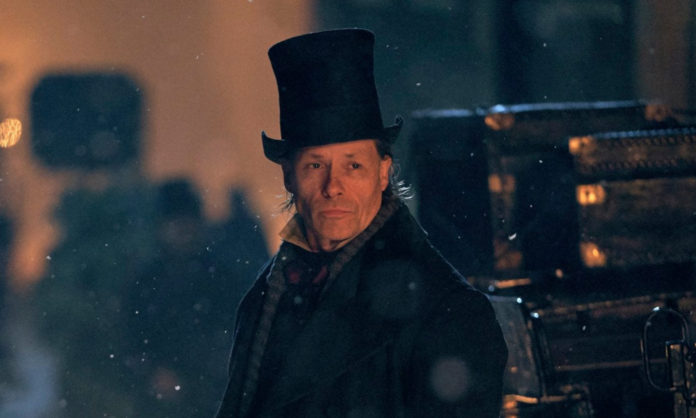In a post on Lit Hub, Alice Elliott Dark shares advice for how to let your characters change without the transformation feeling forced or unbelievable. “It wasn’t until I actually experienced an ending in real time that I was able to analyze what happened and how, and from then on have a method to guide me,” Dark says.
At the time, Dark was working on a novel in which a young man dies near the end. “It was a moving moment, but it didn’t complete the story; it needed something more,” she says. Even her husband felt the ending didn’t work.
Dark worked out her ending, in which her protagonist, grieving over her son, breaks our her usual controlled demeanor and unloads her sorrow on her long-estranged husband. The small change made possible through grief gave Dark the catharsis the ending needed.
“That ending and many great endings are built on the protagonist choosing to make a personal sacrifice for the sake of something outside the self, usually another person,” she explains. “This choice is so powerful that it can cause change, lead to a reversal, and have effects far into the future.” In this case, the character changed her way of behaving and communicating so that she could share her true feelings. Before that moment, it seemed like she had lost her opportunity to change when her son died.
“A character has a set of traits that circumscribe their actions and reactions, but if at the climactic moment of a story they rise above their habitual responses and instead make a conscious choice to set their needs and goals aside for a moment and get outside themselves for the sake of another person, they will be changed by the experience,” Dark says.
This sacrifice can happen in many ways. In “A Good Man is Hard to Find”, the grandmother becomes a different person facing the end of a gun, while her killer is changed at the other end. Saul of Tarsus becomes Paul the Apostle on the road to Damascus, after being blinded for three days by a vision of Jesus Christ. Ebenezer Scrooge has his miserliness scared out of him by three ghosts on Christmas Even.
“One of the interesting results of a change/shift based on the protagonist’s choice to rise above their own self and do for another is that there is often a benefit for them on the other side of this act,” Dark says. “But because selflessness is a value of our higher timeless nature, the benefit may not happen in a timely manner, or even while the protagonist is alive.”












